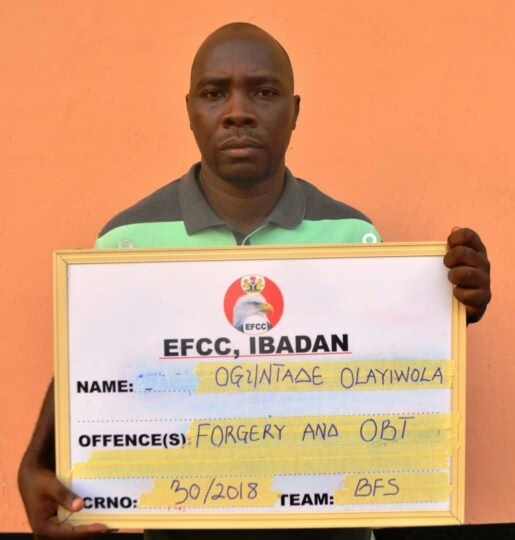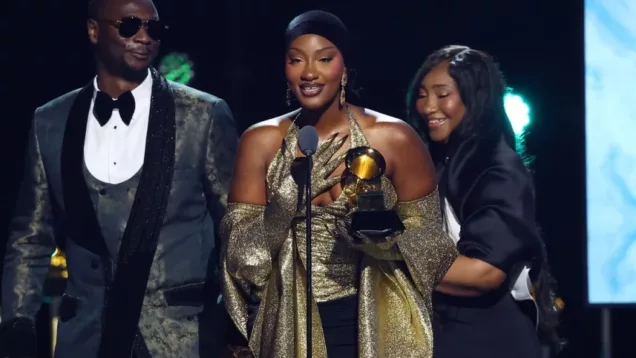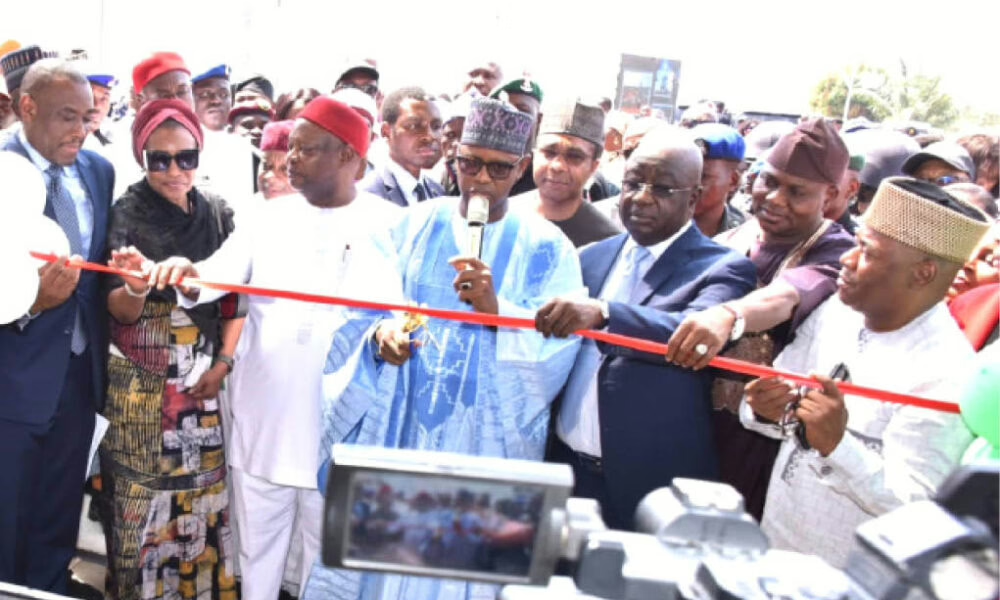Extravagant cost of Funerals and wretchedness of mourning traditions in Southern Nigeria
Dr. Leo Igwe
Published By: Kazeem Ugbodaga
By Leo Igwe
A recent Facebook post by a Danish woman, Anja Ringgren Loven, was a brutal reminder of the debauched mourning traditions in some parts of Nigeria. In the post, Anja noted how she and her team saw “a lot of children living alone in a house with the corpse of their mother.” According to her, it is common for many families in Akwa Ibom to keep the corpses of their relatives in a room because “they don’t have money to pay for a funeral.” This is deeply embarrassing. She further pointed out the troubling trend of abandoning loved ones whose bodies remain in morgues, “driven by rising costs and societal expectations surrounding extravagant funerals.”
Yes, extravagant funerals. Why should funerals be wasteful? Why should bereaved families endure additional pain and loss?
Anja’s observation is apt and applies not only to communities in Akwa Ibom but also to other places in South-South and Southeastern Nigeria. When someone dies, people are twice as bereaved. They grieve not only because of the loss of a loved one but also due to the cost of the funeral. This is shameful and needs to be addressed.
I am from Imo State and moved to the Southwest in 1994. For over two decades, I had limited contact with relatives and seldom participated in traditional rites and ceremonies. I heard people complain about the costs of funerals but thought it was self-inflicted and avoidable. However, in 2021, when my father passed away, I realised how profligate these funeral traditions are. I came face to face with the lunacy and viciousness of self-styled custodians of ‘traditions’. The pain and disappointment over the decadent funeral culture in my community have been difficult to overcome.
When people pass away, relatives should grieve, but they cannot because they are not allowed to. The bereaved are unable to mourn due to what Anja described as “costs of funerals and societal expectations.” In many cases, funeral traditions push families into debt. Funerals become more traumatising than the death itself.
After my father’s death, relatives I barely recognised emerged, dictating various funeral traditions to observe. For them, these traditions were sacrosanct. My father had been bedridden for years, yet many of these relatives had not cared. But as soon as he passed, they began making demands, pressuring us to follow these so-called traditions. On critical examination, these traditions were often fabrications, created and labelled as ‘Omenala.’
- Critical Thinking and Paradigm Shift in Education in Nigeria
- COVID-19 vaccine: Why Okotie, Suleman, Oyakhilome should be sanctioned
- Hijab, Islamic assertiveness and female Muslim identity in Kwara schools
Upon announcing my father’s death, relatives from his maternal side demanded that I inform them in person, claiming phone communication was not traditional. This practice predates the invention of phones when people travelled on foot to deliver news. Yet, these same relatives had no issues accepting electronic money transfers. The hypocrisy was appalling.
At the funeral, maternal relatives demanded a cow despite it not being on their initial list of demands. When I refused, they left angrily, only to later message us to fulfil the original list, which we reluctantly did. After all this stress, their sole contribution was prayers and blessings, which I found utterly senseless.
Social expectations often drive mourners into debt. Families borrow money or sell property to meet funeral demands. In some cases, community members lend money or buy properties from bereaved families at unfair prices, further exploiting them.
Moreover, some family members use funerals to further personal agendas. My father’s funeral, for instance, became an opportunity for a sibling to launch his political ambitions, turning the event into a platform for networking and showcasing wealth. Beneath the public show of ‘honouring the dead’ lay tension, rivalry, and intraspecific squabbles.
We need to change this wretched funeral culture. Funerals should be opportunities to grieve and honour loved ones without financial ruin. Families should not have to sleep with corpses at home or abandon them in morgues due to exorbitant costs.
This cultural show of shame must stop. Let us end this costly and extravagant funeral tradition now!
-Leo Igwe is a humanist and lives in Ibadan











